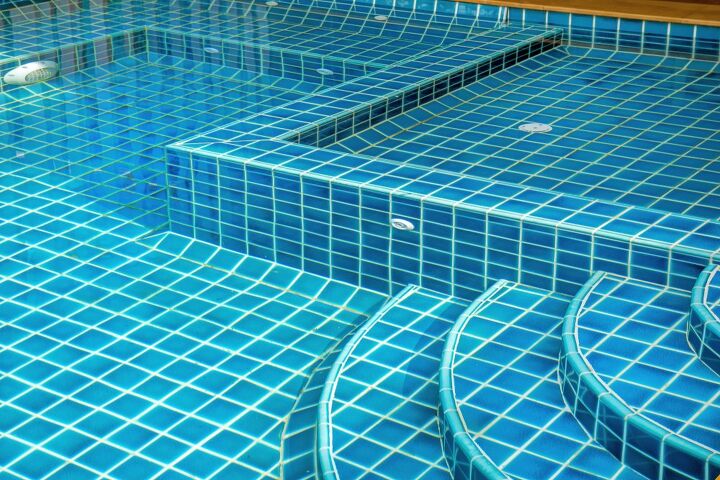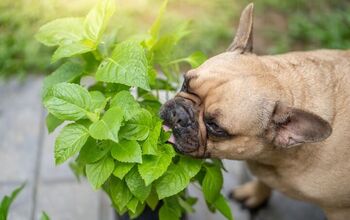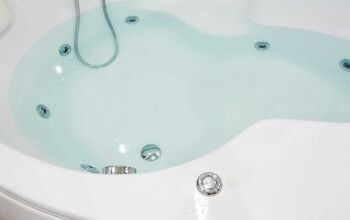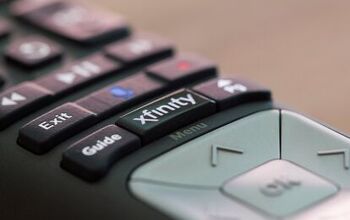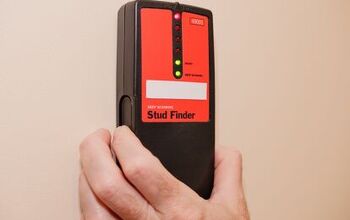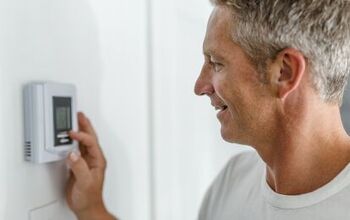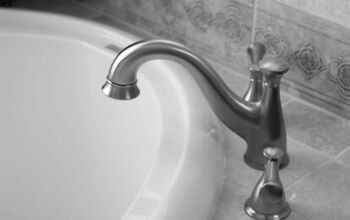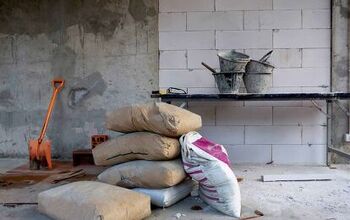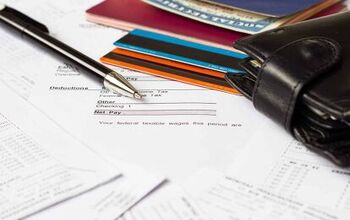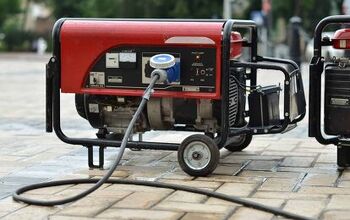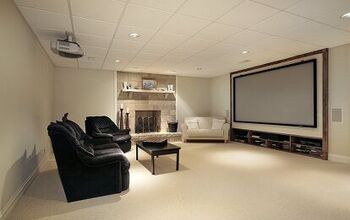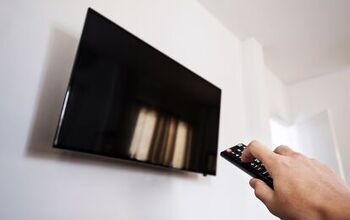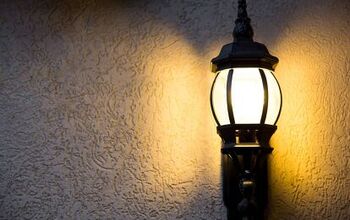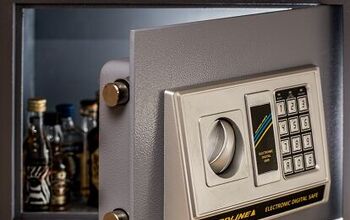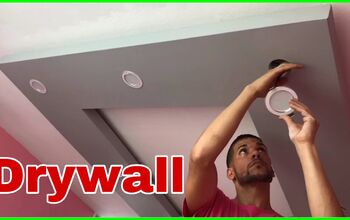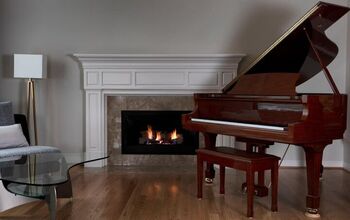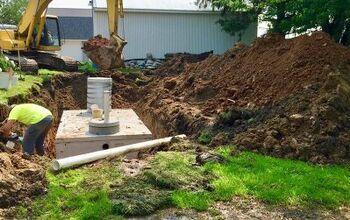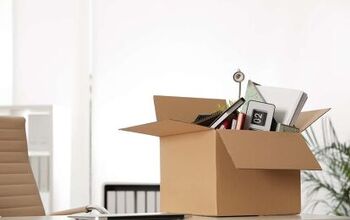Pool Jets Not Working? (Possible Causes & Fixes)

If you’re like me, there are few things that are as fun as feeling the pool jets running near your body. Pool jets aren’t just a fun thing, either. They are meant to help stir up the water and improve the overall flow of your pool. Preventing stagnant water is a major issue in pool upkeep. So, what should you do if your pool jets suddenly go kaput?
There are several reasons why your pool jets might not be working. These include:
- Low Water Levels
- A Dirty Filter
- Improper Filter Settings
- Excess Air In The System
- A Non-Primed Pump
- A Bad Pump
- Too Much Debris
If you have a pool jet set that isn’t jetting, I get your concern. It’s a major part of keeping your water safe for use! This guide will help you troubleshoot your ish.
Do You a Need Pool, Spa, or Hot Tub Contractor?
Get free, zero-commitment quotes from pro contractors near you.

What Might Cause A Pool Jet To Fail?
Pool jets are not a “solo” item. They are part of a major system that works in tandem with them. You’re going to have to go for a holistic approach here. Let’s look at the easiest issues to fix to the hardest.
Low Water Levels
The first thing to take a look at is your water levels. Your pool’s water level is not supposed to be lower than halfway up the skimmer. If your water levels dip below that, your jets failed because there’s not enough water to jet around. Add more water to your pool, and you should be good to go.
Note: You may want to prime your pool pump if your water levels have been low for a prolonged period of time. You’ll thank me for this later.
A Dirty Filter
A dirty pool filter will make it hard for your jets to be able to adequately push water through. If you haven’t backwashed or rinsed out your filters in a while, now would be a good time to do it. Many systems have emergency stops if your filter is too clogged to function. That could turn off the jets.
Improper Filter Settings
Another commonplace issue that might make your pool jet stop working is the setting on your filter. Make sure that it’s actually set to “Filter” or “Recirculate.” You should also take this time to remove any additional debris from the pool filter area as well as the skimmer. In many cases, this will be enough to fix your filter.
A Non-Primed Pump
Did you recently replace your pool’s pump? If so, you might have made the mistake of letting it run without fully priming it. This is actually a fairly simple fix as far as more advanced problems go. You will need to fill the pump with pool water, then let it run for around five to 10 minutes. It’ll be primed for use after that.
It’s also worth noting that pumps can lose their prime over the course of several months. So, this should be a regular part of your pool maintenance too.
Air Leaks In Your System
Jets can only work well if they are in a vacuum. Your air pressure should be between 10 to 15 PSI. Lower readings suggest a leak. This means that you should check to see if there are bubbles in your jets or near your pump strainer. If you notice bubbles, there are probably leaks around your O-ring or seals. Cracked pipes can also be a major issue, too.
You should not try to swim until your pipes have been properly fixed. Technically, this could be considered to be a pool emergency since getting water everywhere can end up causing serious damage to the surroundings.
Clogs
While air leaks are the most common reason for a jet not to work, plumbing clogs can also be an issue. Stuff can get caught in your piping fairly easily. Clogs end up in pipes, and when they do, it can make it hard for you to get the right water pressure. This, in turn, can make it hard to power pool jets.
Though you might be tempted to take a snake rooter to your plumbing, this isn’t actually a good idea. Clogs in your pool plumbing should best be taken out with a bladder assembly, simply because the piping isn’t as sturdy as what you might find in your home. If you are not sure how to unclog pool pipes, it’s best to call a professional.
Too Much Debris
A rarer (yet more obvious) issue that could cause your pool jets to stop working is water that is exceedingly filthy. This is often known as “swamp water” by pool professionals, and it’s easy to understand why. If you notice that your pool has visible traces of algae, currently has a lot of cloudiness, or otherwise looks murky, hit the pause button.
First off, swimming in swamp water is never a good idea. Secondly, if this is the root of your problem, then your filters are probably totally choked with debris. You may need to replace your filter sand or get a new filter cartridge. Unfortunately, filtering alone is not going to solve this. Your pressure gauge alone is probably shooting through the roof when you try to fix it this way, anyway.
If your water has gotten to the point of being swampy, you might need to call a professional to fix this issue. You may need to flock the pool and shock it. Or, you may even want to drain your pool, clean the interior, and then refill it with healthier water. What the best solution for your pool water is will depend on the cause of the murkiness.
A Bad Pump
If you ask most homeowners, the only things that could be worse than leaks, swamp water, or a need to replace your filter sand is a bad pump. Sadly, this could potentially be the cause of your nonworking jets. There are two main issues that could cause your pump to stop working.
The most common one is a bad pump impeller. Sometimes, this can be fixed by simply removing a clog in the system. Other times, it could be an issue that involves a real break. When this occurs, you don’t have much choice aside from replacing the pump.
Is It Best To Hire A Professional?
It all depends. Something along the lines of switching the settings to your filter or even replacing your filter sand is not worth a call to the pros. However, if you have swamp water or if you have reason to believe there are a ton of clogs in your system, it might be a good idea. While it’s not always the cheapest option, professionals are going to be able to fix everything pretty well.
Even if you are an avid DIYer, you might end up feeling overwhelmed by this problem. If you’re feeling lost at any point, hiring a company to do the work is a good idea.
How Much Does It Cost To Fix A Pool That Has Nonfunctional Jets?
This all depends on what is causing the issue. Something like fixing a leak can be as little as $50 if you do it yourself. If you want to hire a pool technician to fix it, you should be aware that most companies will charge a diagnostic fee of $60 to $100 to start with. This fee goes towards your repairs and will give you
Fixing your pool pump can cost as much as $50 to $1,500 depending on the pump and issues around it. If you have extreme issues with your pool, you may have to pay as much as $5,500 for plumbing replacement alongside the pool pump. Meanwhile, removing a clog in your pool’s plumbing might only cost between $75 to $125.
Do You a Need Pool, Spa, or Hot Tub Contractor?
Get free, zero-commitment quotes from pro contractors near you.

Related Questions
Is it possible to add jets to a pool?
If you are a fan of jets in your pool, we have some good news and some bad news. The good news is that it’s possible to install additional jets in most pools, especially if they are vinyl-lined or fiberglass pools. The bad news is that this can go south fairly easily. The best way to ensure that you are able to add more jets is to have a professional help you out.
How high can your pool’s PSI be while still keeping things safe?
Most pools tend to function best with a PSI rating between 10 to 15 psi. However, it’s possible to have a pool run “high pressure” without it actually being a problem. The general rule is that any pressure rating under 25 psi is going to be safe for your pool. Even then, it’s better to err on the side of caution.
How long should a pool pump last?
Pool pumps are made to last, so this shouldn’t be a part of your regular “to replace” list. A typical pool pump should last a good 10 to 12 years, provided that you maintain your pump and pool well. Having a good maintenance routine is key here. If you do not maintain your pool water adequately, then your pump’s life will decrease dramatically.

Ossiana Tepfenhart is an expert writer, focusing on interior design and general home tips. Writing is her life, and it's what she does best. Her interests include art and real estate investments.
More by Ossiana Tepfenhart



